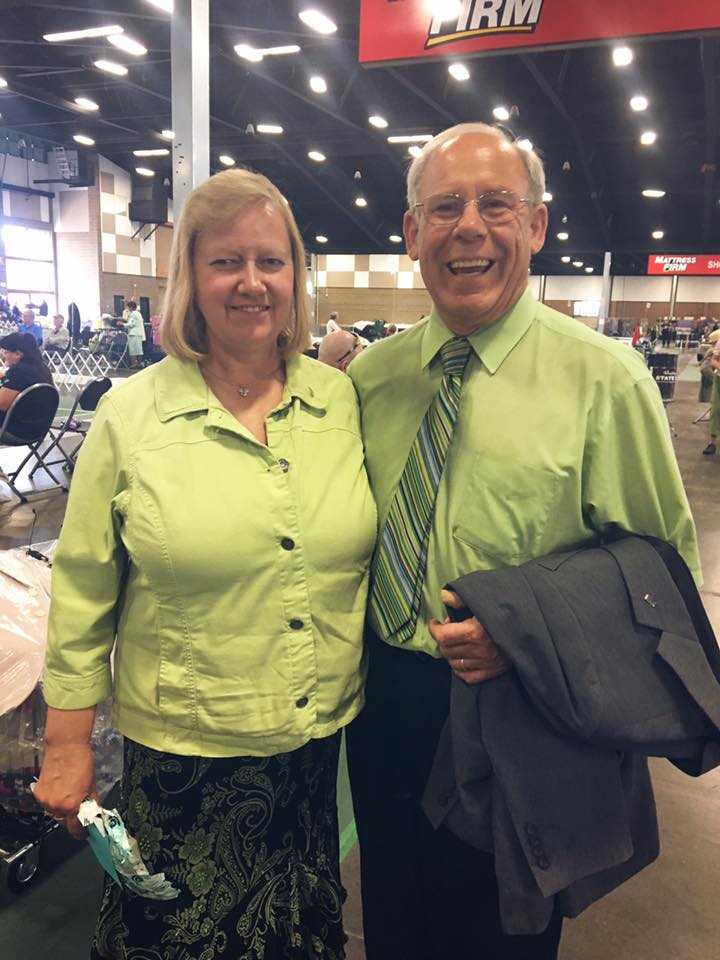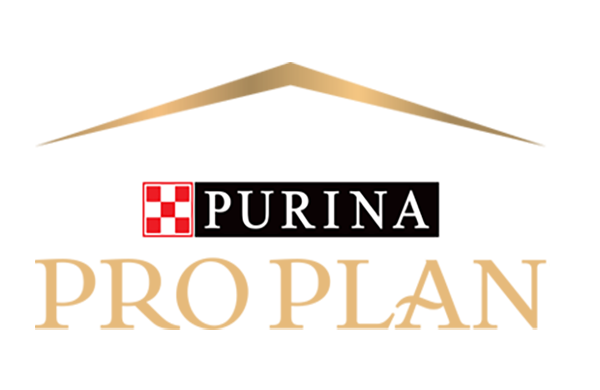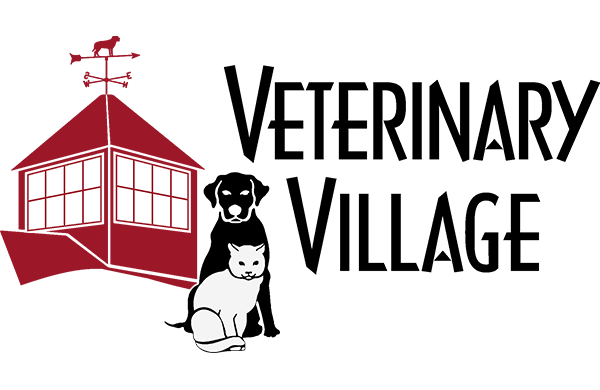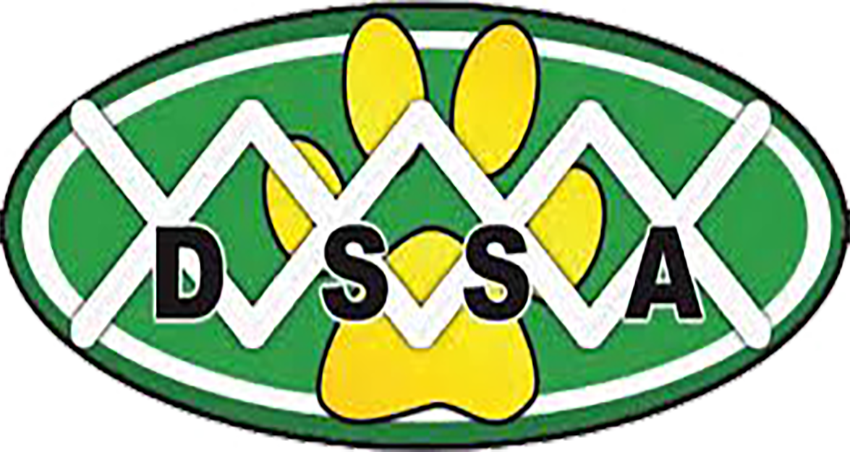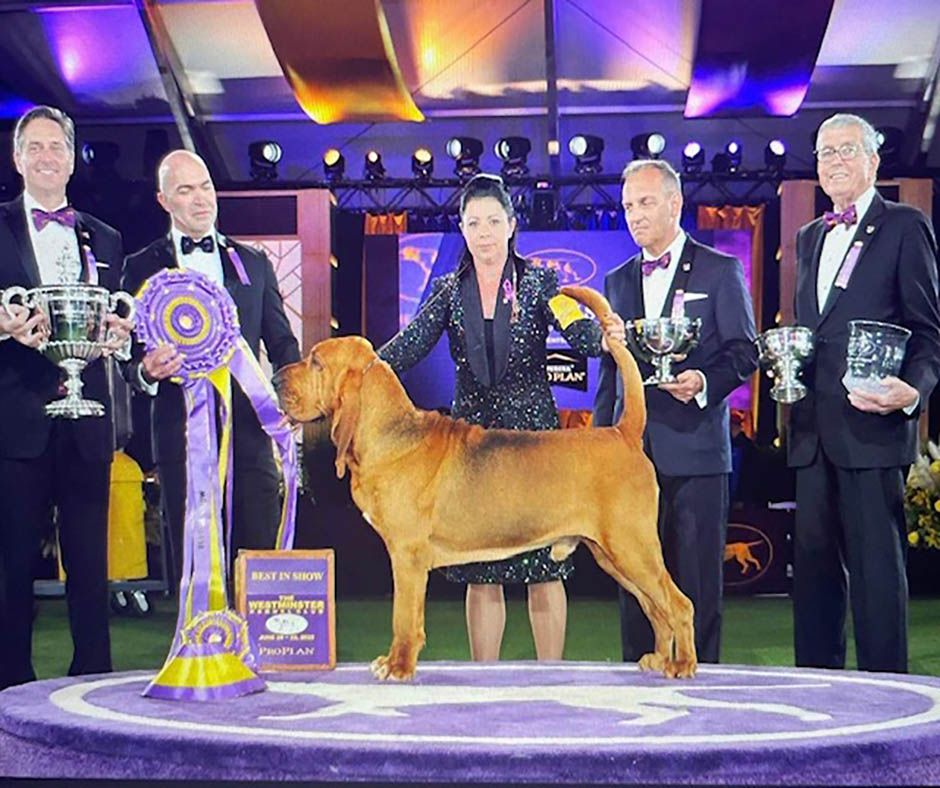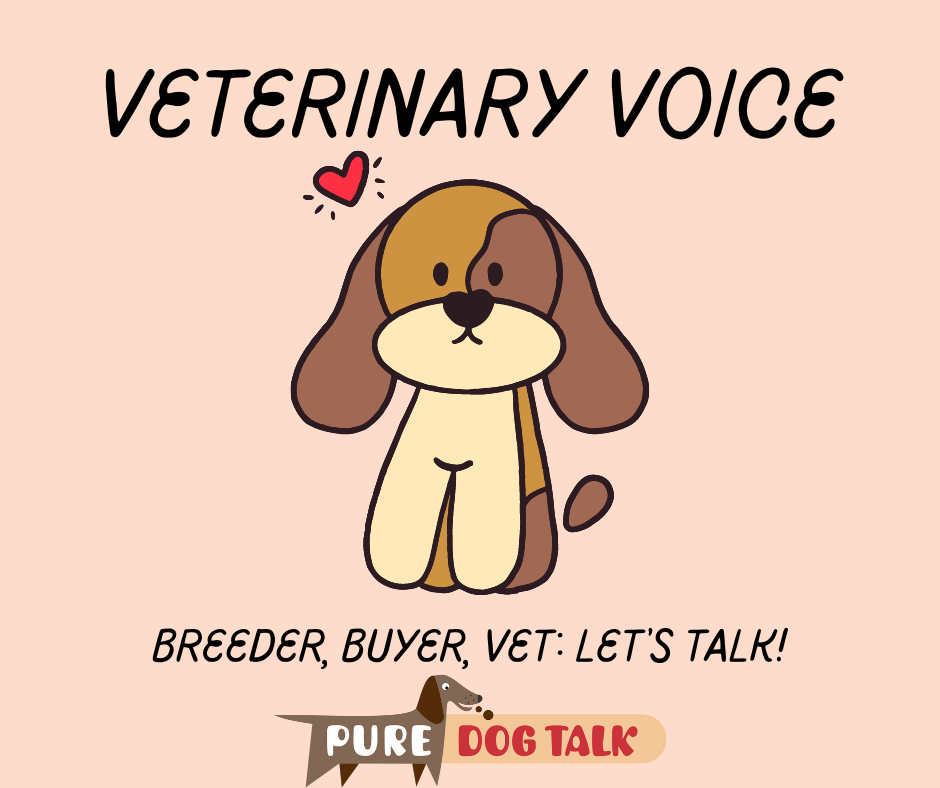123 – Hiring a Professional Dog Handler: Dinah Baggenstos – Professional Handlers Association
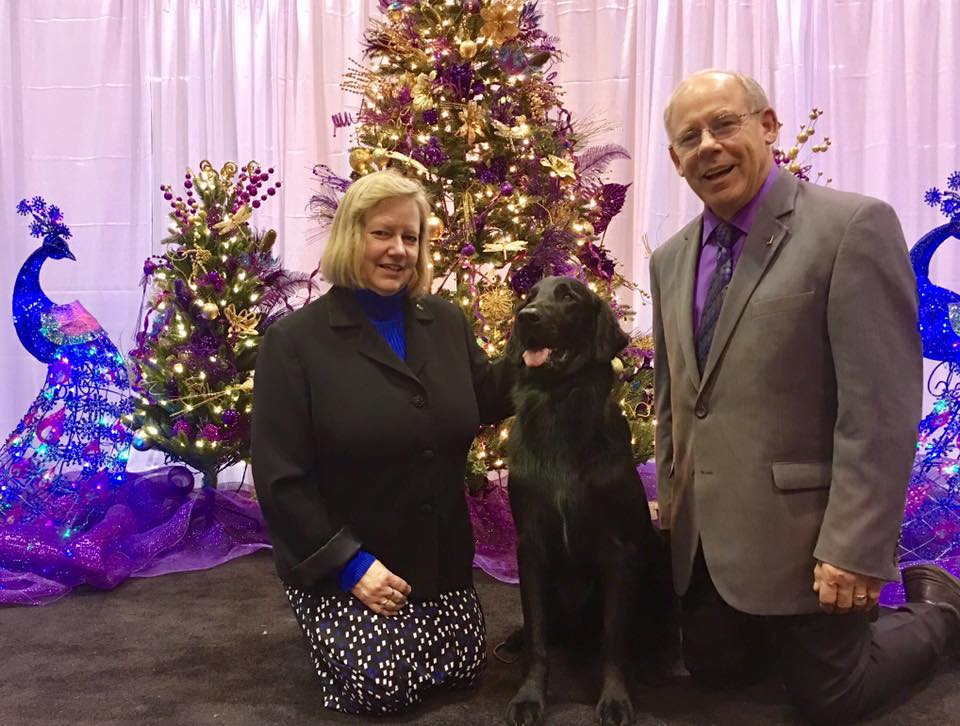
Hiring a Professional Dog Handler – Dinah Baggenstos and Laura Reeves
Hiring a professional show dog handler can sometimes feel like falling down the rabbit hole into a parallel universe complete with secret handshakes and special code words. We talk today with Dinah Baggenstos, president of the Professional Handlers Association, to help demystify the process.
When to Hire a Professional Handler
Making the decision to hire professional help in the show ring is one most exhibitors do not take lightly. After all, the center piece of the discussion is generally considered a four-legged family member not an “objet d’art.”
The intensely personal and emotional attachment to our pets makes sending them to “boot camp” or “on the road” a scary and daunting proposition. And it isn’t for everyone. But, for folks who simply don’t have the time, physical ability or inclination to show their dogs, talented professional handlers can make the experience at least painless, even enjoyable for everyone.
Choosing a Handler
Achieving that level of success requires trust and clear communication. Dinah strongly recommends observing the handler you are considering hiring, both in the ring and “behind the scenes.” Is the set up clean? Is it well organized and professional? Ask for references and tour kennel facilities and travel vehicles. Ask questions, read the contract and establish goals.
The AKC Registered Handler Program offers the following advice,
Before you hire a professional handler, talk to several, evaluate their rate schedules, visit their facilities and ask for references. Observe them both in and out of the ring. A professional handler is entrusted with your dog’s care, so make sure you are entirely comfortable with the arrangement. Make a point of meeting the people who work for the handler because they will be providing the daily care for your dog — under the guidance of the handler.
Handlers are expected to be hired for their knowledge and services they can provide. In turn the client is paying a fee for that handler’s service and expertise. You and your handler should have the terms of your agreement in writing. Make sure if you have any questions that they are answered before you commit yourself to a contract. Read the contract carefully — this will be a binding agreement between you and your handler.
American Kennel Club Criteria:
To be assured that your dog is being cared for by a true professional familiarize yourself with the following criteria as set forth by the American Kennel Club:
- Safety, security, and well-being of the dogs is to be placed above all other business considerations.
- Supervision of dogs by competent, conscientious personnel who are capable of responding appropriately, particularly in emergency situations.
- Facilities of proper size and adequate ventilation to accommodate the breeds being cared for at home and at the shows.
- Appropriate precautions taken to provide all the dogs in their care with proper temperatures for any and all conditions they may encounter.
- Adequate and proper diet, clean dishes, fresh water and a sanitary environment.
- Owner-provided or veterinary-prescribed medications to be administered in accordance with instructions.
- Breed specific knowledge concerning the breeds they show — such as: standard for the breed, special care, conditioning and presentation.
- Business relationships conducted with clients in a fair and honest manner based on a published rate schedule and handler/client agreement.
- Courteous verbal interchanges and a professional appearance are essential.
- Sportsmanlike behavior with clients, judges, exhibitors, fellow handlers and assistants.
- Willingness to communicate on a regular basis with clients concerning their dog’s performance, behavior and general health.”
Potential Handler Client Conflicts
Two of the most common areas of conflict in the handler-client relationship are changing representation and priority of dogs.
Both PHA and the AKC RHP code of ethics are very clear that handlers are not to solicit another handler’s clients, nor are they to take on another handler’s client if money is owed to the prior handler.
Dinah Baggenstos’ Recommendations
You have every right to go a different direction with your dog,” Dinah notes. “But make sure the bill is current with the existing handler. And understand if the dog is committed through a specific period of time it needs to stay with the handler for that time.”
Priorities and Expectations for the Client
Assigning priority of the dogs in a handler’s care in case of a ring conflict is one of the toughest parts of the job. While each handler manages these potential time crunches differently, part of the communication piece is to be sure clients understand up front where their dog fits in the handler’s priority. A good rule of thumb is that “specials” — champion dogs being campaigned for national ranking — will take priority over “class dogs” — non champion dogs earning points toward their championships.
As with any successful relationship, clearly understanding expectations and responsibilities between the parties is paramount. Although many incredible friendships are formed in long-time handler-client relations, it is first and foremost a business transaction.
“My expectation is that a client dog will be delivered to me in good condition, good health, clean teeth, nails and coat maintained,” Dinah notes. “The client should expect to have the dog returned in as good or better condition than when it arrived with the handler.”
“A handler needs to be honest with his or her clients as to the quality of dog being evaluated,” Dinah adds. “While clients owe respect to the handler for providing an honest and candid educated opinion.”
Importance of Clear Communication
On the topic of communication, once again, be sure the system whereby results are shared is established in advance.
Whether via text, phone call or whatever means, clients should keep in mind that the handler is taking care of their dogs. That does and should take priority over reporting results.
Listen to my talk with Dinah Baggenstos for more insights, suggestions and case studies.
Tip of the Week from Allison Foley: This is MY dance space, This is YOUR dance space
Your body posture and body language are directly reflected in your dog’s, Allison says. She reminds us, “If you walk like Eyore, your dog does the same thing.”
What’s your “happy” word? Allison uses kitty! She says it’s impossible to say “kitty, kitty, kitty” and not sound happy.
When stacking your dog, think about Patrick Swayze’s line to Jennifer Grey in the famous ‘80s film “Dirty Dancing.” Get out of your dog’s “space.”
Too often exhibitors are doing a great job stacking their dogs, but the judge can’t see it because the handler is “huddled” around the dog. Step back from your dog so the judge can see it!
Visit Leading Edge Show Dog Academy for courses and use PUREDOGTALK25 at check out for a 25% discount.
Our Valued Corporate Sponsors:
Our Esteemed Advertisers:
Our In-Kind Supporters:
KNOWLEDGE IS POWER — FRANCIS BACON
When you become a patron of Pure Dog Talk you’ll tap into an exclusive community of experts to help you and your dog be blue-ribbon best at whatever you do with your purebred dog! Your support helps keep the MP3's rolling at Pure Dog Talk!
As a supporter, you’ll immediately gain access to the weekly Pure Pep Talk SMS, Pure Pep Talk private Facebook group, and priority emails. Patrons can choose to level up to the After Dark Zoom and a Patrons Digital Badge for their website— even a private counseling session with Laura on any topic.

DON'T MISS AN EPISODE!!


